Wooden slicers greatly reduce your environmental impact compared to plastic alternatives. They're sourced from sustainable forests, produce up to 3,800 pounds less CO2 per ton during manufacturing, and use 99% less water in production. You'll find they naturally decompose within 3-6 months, while plastic slicers linger in landfills for up to 1,000 years. From responsible sourcing to chemical-free processing, wooden slicers offer compelling environmental advantages worth exploring.
Sustainable Sourcing and Forest Management
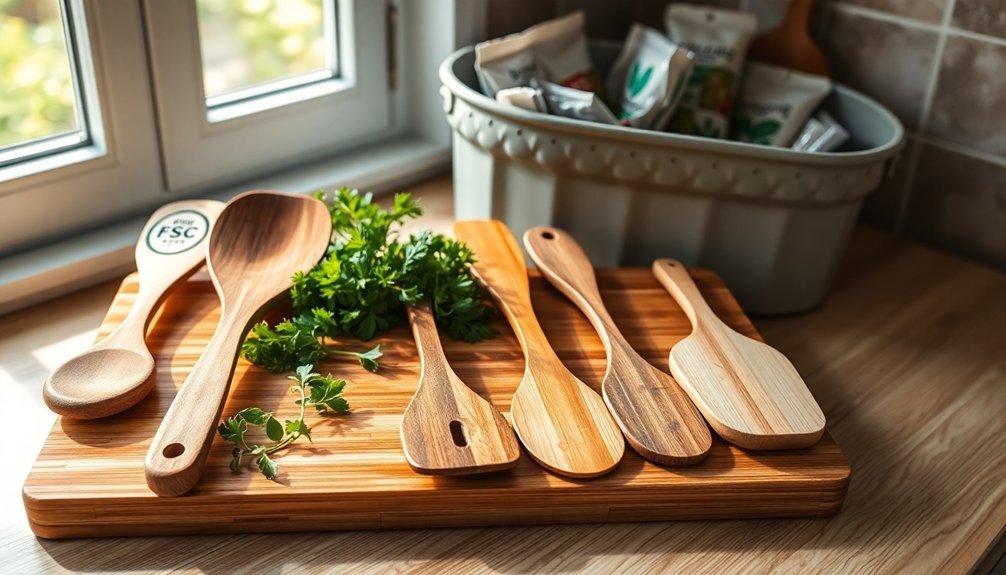
When you choose wooden slicers made from sustainably sourced materials, you're supporting essential forest management practices that protect our ecosystems.
The Forest Stewardship Council (FSC) guarantees that responsibly managed forests maintain their biodiversity while providing eco-friendly alternatives for your kitchen needs.
Carbon Footprint Reduction in Production
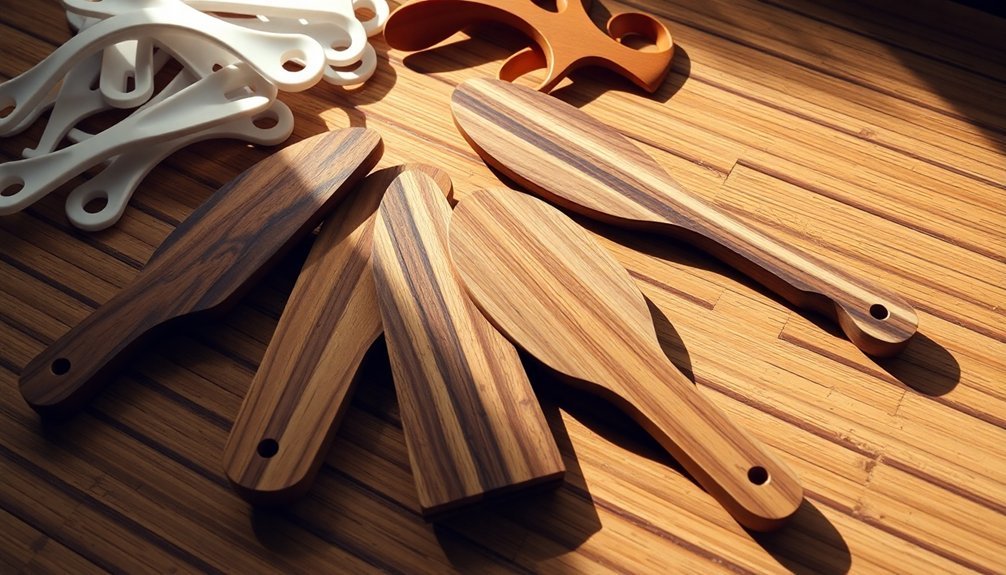
You'll find that wooden slicers require substantially less manufacturing energy than plastic alternatives, releasing up to 3,800 fewer pounds of CO2 per ton produced.
The processing of raw materials like birch and bamboo actively sequesters carbon during growth, creating a more environmentally beneficial production chain.
Your choice of wooden kitchen tools supports sustainable manufacturing practices that use 99% less water and minimize fossil fuel dependence throughout the entire production process.
Manufacturing Energy Use Comparison
The manufacturing of wooden slicers and utensils stands out as a remarkably eco-friendly alternative to plastic production, with dramatic reductions in carbon emissions and energy consumption.
When you choose sustainable materials like birch and bamboo, you'll be supporting a manufacturing process that requires considerably less energy while maintaining a minimal carbon footprint.
- Wood production can achieve negative Global Warming Potential, unlike plastic manufacturing
- You'll save approximately 1,350 to 3,800 pounds of CO2 per ton of production
- The process uses over 99% less water compared to plastic manufacturing
- Sustainably sourced materials promote healthy forest management and biodiversity
- Lower VOC emissions create a cleaner environmental impact throughout production
These energy savings in wood manufacturing demonstrate why it's a superior choice when considering the environmental impact compared to traditional plastic utensils.
Raw Material Processing Impact
By choosing wooden slicers over plastic alternatives, you're making a significant impact on reducing carbon emissions throughout the raw material processing phase.
When wood sourced from sustainably managed forests is used, the carbon footprint associated with production drops dramatically, generating up to 3,800 pounds less CO2 per ton compared to plastic manufacturing.
The production of wooden utensils demonstrates remarkable environmental benefits beyond emissions.
You'll save approximately 12 gallons of water for every pound of raw materials processed, making wooden slicers over 99% more water-efficient than their plastic counterparts.
The sustainability and eco-friendliness of wooden slicers extend to their entire lifecycle, as they're made from fast-growing materials like birch and bamboo, supporting biodiversity while enabling complete biodegradation through composting when disposed of properly.
Sustainable Production Chain Benefits
Sustainable production chains for wooden slicers showcase remarkable carbon footprint reductions across every manufacturing stage.
When you choose wooden slicers, you're supporting an environmentally conscious manufacturing process that prioritizes minimal environmental impact.
- Wood from sustainably managed forests, certified by the Forest Stewardship Council, guarantees responsible resource utilization.
- Production requires 99% less water compared to plastic alternatives, saving 12 gallons per pound manufactured.
- Carbon emissions are considerably lower, with plastic producing up to 3,800 more pounds of CO2 per ton.
- Fast-growing materials like birch and bamboo support biodiversity and environmental health.
- Energy consumption during manufacturing is substantially reduced compared to plastic production.
This eco-friendly choice demonstrates how sustainable practices can transform manufacturing while protecting our environment.
Natural Decomposition and Waste Impact
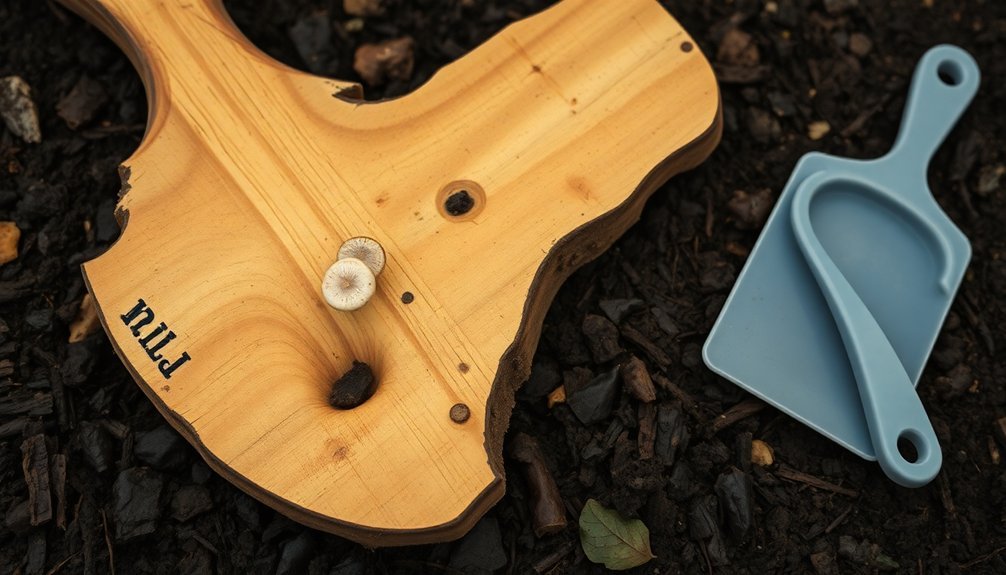
While plastic slicers linger in landfills for up to 1,000 years, you'll find wooden slicers decompose naturally within 84 to 180 days, drastically reducing long-term waste accumulation.
When you compost wooden slicers, they're returning valuable carbon and nutrients to the soil, enriching ecosystems and promoting biodiversity.
Your choice to use wooden slicers helps prevent toxic leaching in landfills, as these natural utensils break down cleanly without releasing harmful compounds that damage soil and groundwater.
Biodegradable Timeline Vs Plastics
When comparing decomposition timelines, wooden slicers emerge as a clear environmental champion against their plastic counterparts.
You'll find that wooden utensils naturally break down within 84 to 180 days, while plastics can persist in landfills for up to 1,000 years, creating long-term environmental damage.
Consider these striking contrasts:
- Wooden slicers decompose naturally, returning valuable nutrients to the soil
- Plastic waste contributes to the 27 million tons entering U.S. landfills annually
- Wooden utensils have a notably lower carbon footprint, producing less CO2 during manufacturing
- Plastic decomposition releases toxic compounds into the environment
- You're exposed to thousands of microplastics yearly, while wooden alternatives offer a safer choice
This biodegradable timeline difference shows how choosing wooden slicers can considerably reduce your environmental impact and help divert harmful materials from the waste stream.
Composting Benefits and Process
Since wooden slicers naturally break down through composting, you'll find them to be an ideal addition to your home composting system.
When you dispose of these biodegradable materials properly, they'll decompose within weeks to decades, unlike plastics that persist for up to 1,000 years and contribute to environmental pollution.
You're making a significant environmental impact by composting wooden slicers, as this process recycles carbon and reduces carbon dioxide emissions typically associated with landfill waste.
Unlike plastic alternatives, you won't have to worry about harmful toxins leaching into your soil during decomposition.
By choosing wooden slicers, you're supporting sustainable waste management practices and embracing eco-friendly principles.
The nutrients released during decomposition enrich your soil, creating a complete cycle of environmental benefits.
Reduced Landfill Toxic Leaching
The natural decomposition of wooden slicers extends far beyond your compost bin to make a remarkable difference in landfills.
When you choose wooden over plastic utensils, you're actively reducing harmful chemicals and environmental pollution while promoting sustainability.
- Wooden slicers are biodegradable, breaking down naturally within decades, compared to plastic's 1,000-year decomposition timeline.
- Your choice prevents toxic compounds from leaching into soil and groundwater.
- Natural decomposition recycles carbon and nutrients, enhancing soil health.
- You'll help reduce the 27 million tons of plastic landfill waste annually.
- Wooden utensil production generates considerably lower CO2 emissions than plastic manufacturing.
Energy Efficiency During Manufacturing
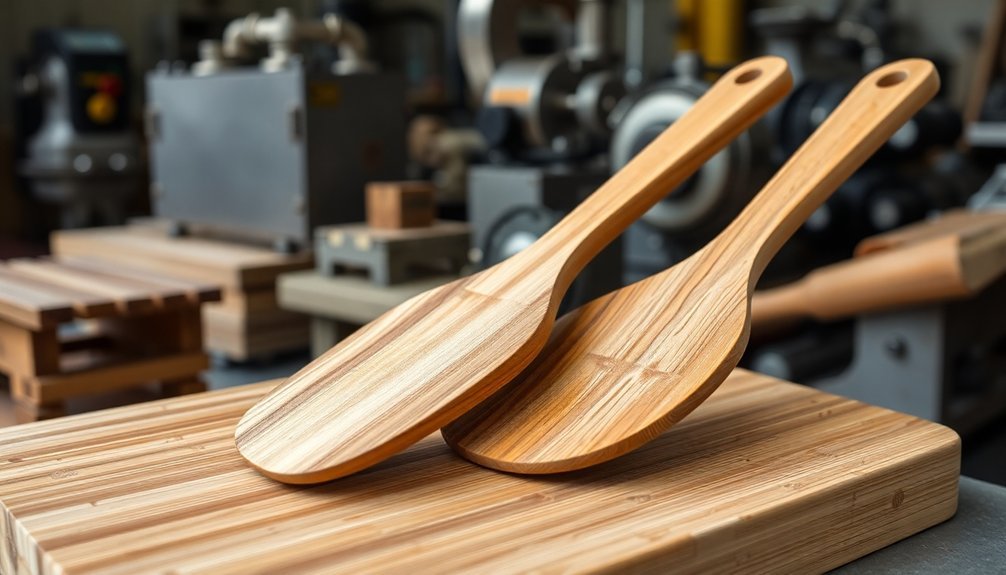
Manufacturing wooden slicers stands out as remarkably energy-efficient compared to plastic alternatives, consuming far less power throughout the production process.
When you choose wooden utensils sourced from sustainably managed forests, you're supporting a process that generates 1,350 to 3,800 pounds less CO2 than the production of plastic counterparts.
The use of fast-growing birch and bamboo as environmental materials creates less waste and requires minimal processing.
You'll be pleased to know that wooden utensil manufacturing saves approximately 12 gallons of water per pound produced, using 99% less water than plastic production.
The simple manufacturing methods needed for wooden slicers, combined with renewable resource practices, make them a notably more energy-efficient choice.
These sustainable practices guarantee that your kitchenware choices have a smaller environmental footprint.
Renewable Material Benefits
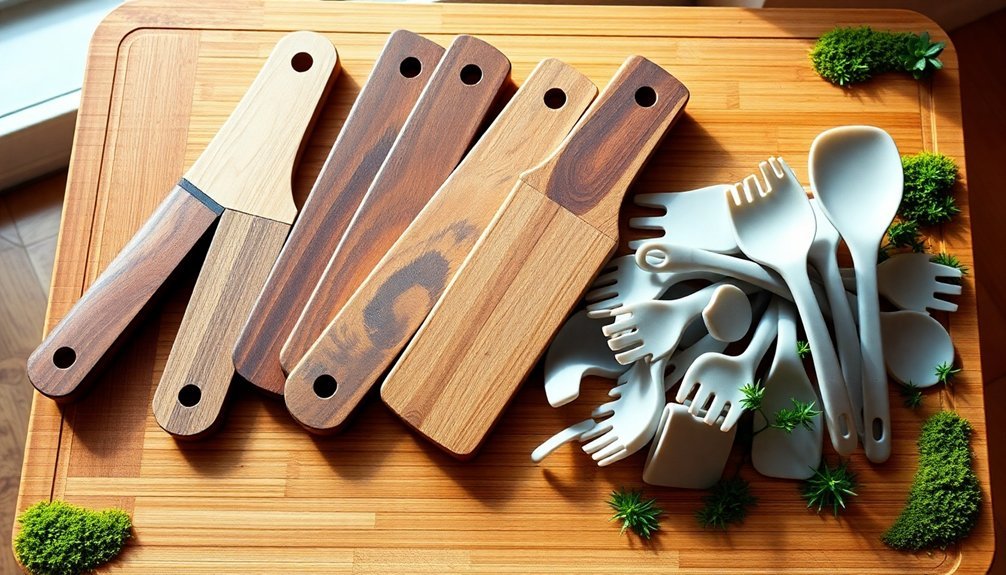
Beyond their energy-efficient production, wooden slicers offer compelling benefits as renewable materials. When you choose FSC-certified wooden slicers, you're supporting sustainable and eco-friendly forestry practices that protect against deforestation.
These products come from fast-growing resources like birch and bamboo, which can be continuously replanted to maintain healthy ecosystems.
- They're fully biodegradable, decomposing in just 84-180 days versus plastic's 1,000-year breakdown
- You'll save approximately 12 gallons of water per pound produced compared to plastic alternatives
- Your carbon footprint drastically reduces, with wooden utensils producing up to 3,800 pounds less CO2 per ton
- The renewable materials help preserve biodiversity through responsible forest management
- They're sourced from certified sustainable forests that guarantee continuous replanting practices
Environmental Impact on Local Ecosystems
When you choose wooden slicers, you're actively contributing to the health of local ecosystems in multiple ways. As wood is sourced through sustainable approach practices, often certified by the Forest Stewardship Council (FSC), you're ensuring that forests are maintained at healthy levels while protecting wildlife habitats.
You'll appreciate how these biodegradable tools enrich the soil as they decompose, unlike plastic alternatives that persist in ecosystems for centuries.
By supporting local businesses that produce wooden slicers, you're promoting environmental initiatives that use fast-growing materials like birch and bamboo, which help restore deforested areas and enhance biodiversity.
Supporting sustainable wooden slicer producers helps restore forests and promote biodiversity through the use of fast-growing materials like bamboo.
This sustainable choice also reduces carbon emissions greatly compared to plastic production, making a positive impact on your local environment while supporting local communities that depend on responsible forest management.
Chemical-Free Processing Advantages
The production of wooden slicers offers significant environmental benefits through its chemical-free processing methods.
You'll find that disposable wooden utensils sourced responsibly have a minimal ecological footprint compared to their plastic counterparts. When manufacturers process wooden slicers without harsh chemicals, they're ensuring both food safety and environmental protection.
- Natural wood processing releases fewer VOCs than synthetic materials
- Chemical-free production methods prevent bacterial growth concerns
- Sustainability of wooden utensils supports cleaner soil and water systems
- Wood's natural properties eliminate the need for toxic treatments
- Eco-friendly processing supports responsible forest management
These chemical-free advantages make wooden slicers an environmentally conscious choice.
You're not just getting a practical kitchen tool; you're supporting a production process that protects ecosystems and promotes sustainable manufacturing practices that benefit our planet's health.
Biodegradable End-of-Life Cycle
Unlike their plastic counterparts that linger in landfills for centuries, wooden slicers naturally decompose within three to six months, making them an ideal choice for environmentally conscious consumers.
When you choose biodegradable wooden slicers, you're greatly reducing landfill waste while supporting sustainable waste management practices. As these slicers break down, they recycle valuable carbon and nutrients back into the soil, enriching the ecosystem without introducing environmental hazards.
Unlike plastic products that leach toxic compounds, wooden slicers undergo complete biodegradation, leaving no harmful residues behind.
You're also contributing to a circular economy by choosing wooden slicers, as they transform from waste into beneficial organic matter. This natural cycle helps minimize carbon dioxide emissions in landfills while promoting healthier soil conditions for future generations.
Frequently Asked Questions
Are Wooden Utensils Better for the Environment?
Yes, wooden utensils are better for the environment. They'll decompose in months, not centuries like plastic, produce less CO2 emissions, and come from renewable resources that use minimal water during production.
What Are the Environmental Benefits of Wood?
You'll find wood is naturally biodegradable, reduces carbon emissions, promotes forest biodiversity, conserves water during production, and has antimicrobial properties. It's a sustainable material that enriches soil when decomposing, unlike plastic alternatives.
What Are the Benefits of Using Wooden Utensils?
You'll benefit from wooden utensils as they're biodegradable, produce less CO2, and use minimal water during production. They're sustainable, eco-friendly, and decompose quickly. Plus, you're supporting responsible forestry practices by choosing them.
Why Is Wood Better for the Environment Than Plastic?
You'll help the environment by choosing wood over plastic since it's biodegradable within months, emits less CO2 during production, uses considerably less water, and can be composted, returning nutrients to the earth naturally.
In Summary
You'll find wooden slicers to be a superior eco-friendly choice due to their sustainable lifecycle. They're sourced from managed forests, require less energy to produce, and don't release harmful chemicals during manufacturing. When your wooden slicer reaches its end of life, it'll naturally decompose without harming the environment. By choosing wood over plastic alternatives, you're supporting renewable resources and reducing your carbon footprint.
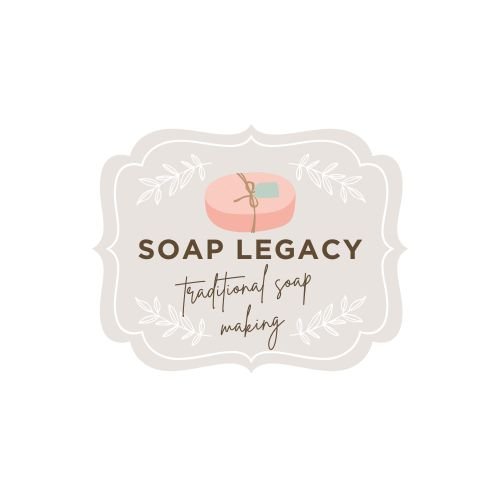
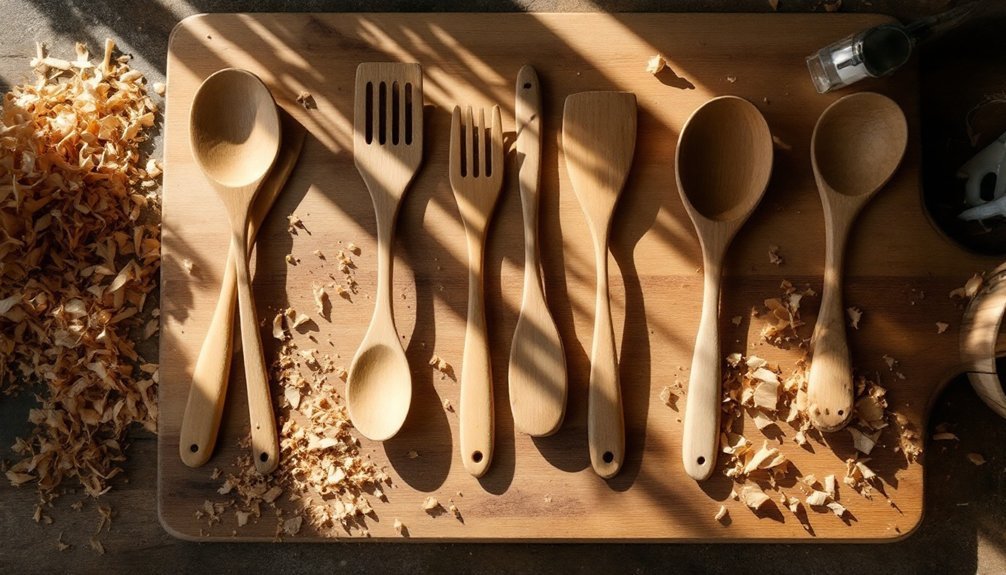

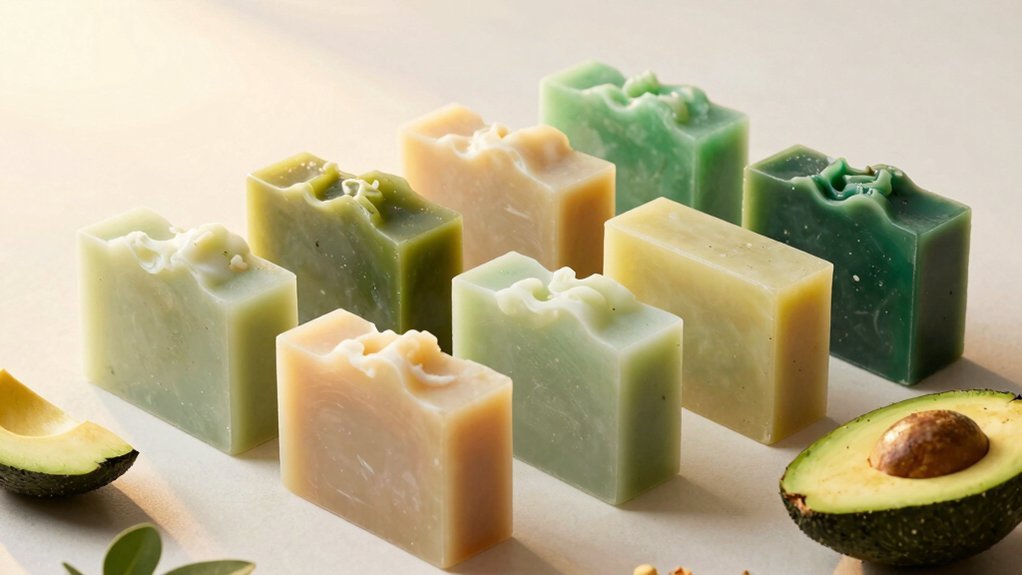
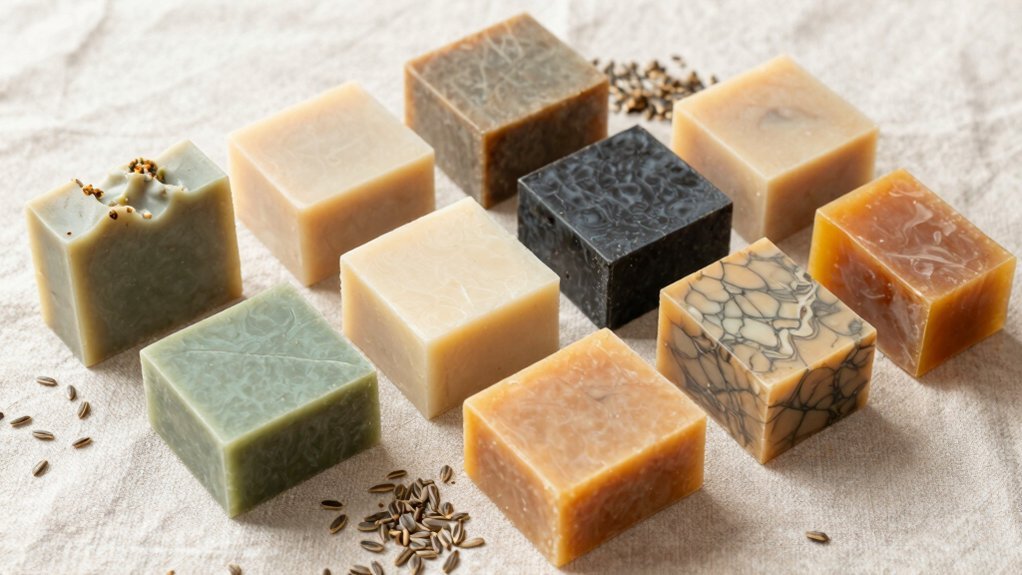
Leave a Reply